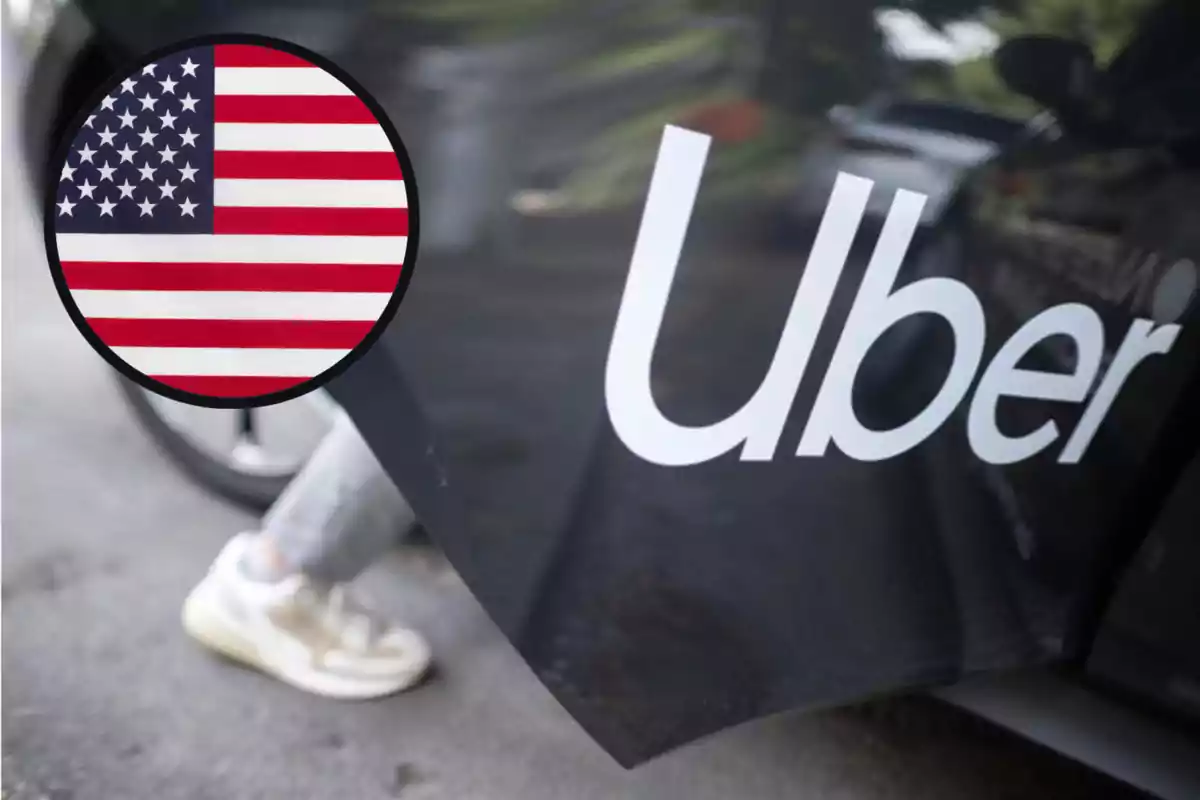In recent years, urban mobility has been transformed thanks to the emergence of platforms like Uber. What began as a more affordable and faster alternative to traditional taxis ended up becoming a global service present in hundreds of cities. However, its growth has also been marked by controversies and constant criticism.
Today, the company is making headlines again due to a measure that is generating debate: Uber announced the arrival of a new feature called Preferences for Women. This is an option within the app where both female drivers and female passengers can activate the preference to travel only with other women. This is a new development that reflects progress, but also the persistence of a problem that shouldn't exist.

An option that seeks safety during rides
The company explained that the decision is a response to repeated cases of harassment and sexual assaults that have occurred during rides. These weren't isolated incidents, but rather complaints that accumulated over years in different countries. Faced with this situation, Uber was forced to provide a response that would convey more trust.
The tool doesn't guarantee that all rides will be exclusively among women, but it does prioritize that matching. With this, both female passengers and female drivers can feel more comfortable when using the service. According to an official statement: "Across the United States, women who ride and drive have told us they want the option to be matched with other women, we've listened to them."

This preference is added to others already present in the app, such as choosing music, silence during the ride, or whether the driver offers water or a charger. Uber aims to expand the possibilities for customization and adapt to the needs of each user.
A measure with global precedents
The concept isn't completely new. In 2019, Uber launched similar versions in Saudi Arabia, right after the law allowing women to drive was approved. Since then, more than 40 countries have tested variations of this feature.
Europe was key in perfecting the design. Germany and France served as testing grounds to listen to the experiences of female users and adjust technical details. The company stated that the learning in these markets was essential before making the leap to the United States.
The pilot program will begin in the coming weeks in three specific cities: Los Angeles, San Francisco, and Detroit. If the experience turns out positive, it's likely to expand to the rest of the country in the short term. However, the measure opens a debate about whether it's enough or if there should be stricter restrictions against users with a history of harassment.
Uber was founded in 2009 in San Francisco and hasn't stopped growing since then. Today, it keeps its headquarters in that city and operates in more than 900 metropolitan areas. With this feature, the company is trying to balance technological innovation with the need to guarantee safety, something its own statistics show as an outstanding priority.

